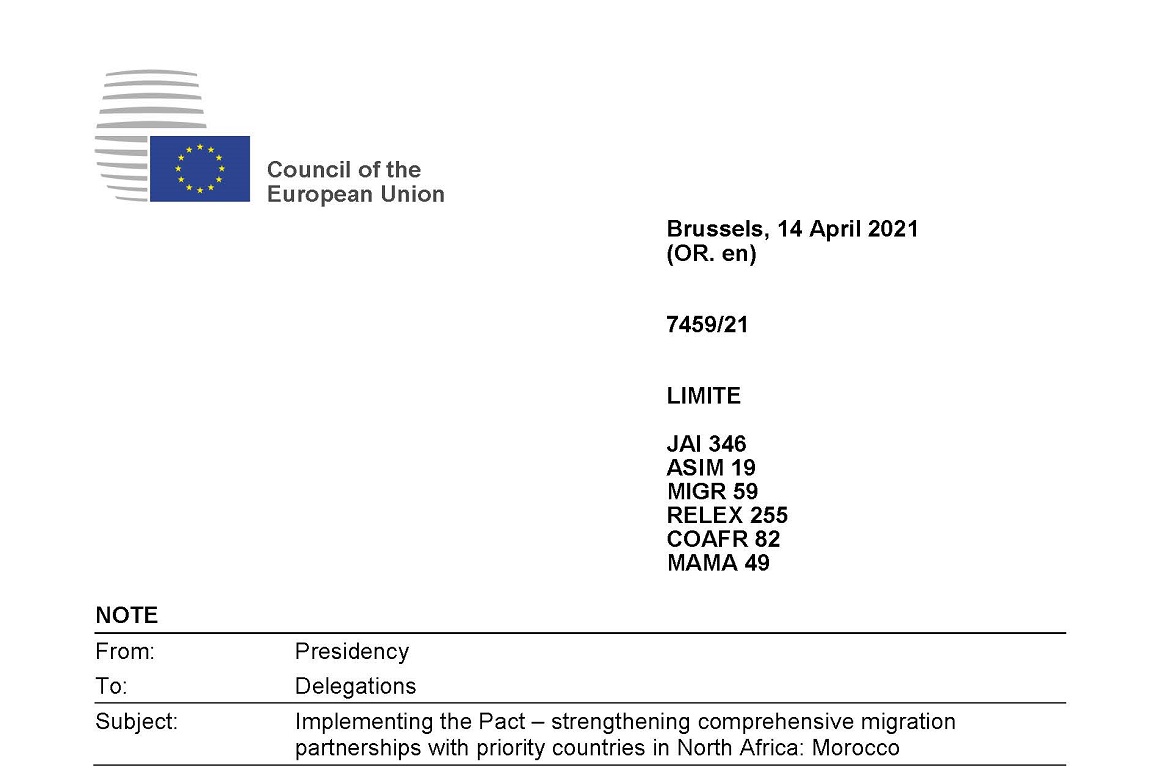Italy: Interior ministry’s facial recognition system is unlawful
Topic
Country/Region
21 April 2021
The deployment of facial recognition technology acquired by the interior ministry for deployment in migration and public order contexts was deemed unlawful in a far-reaching decision by the Italian ombudsman on 16 April 2021.
Support our work: become a Friend of Statewatch from as little as £1/€1 per month.

The system, SARI Real Time, lacks a legal basis for automatic processing of biometric data for facial recognition purposes and was planned as a form of indiscriminate/mass surveillance, which would rely on a network of video cameras to provide real-time facial recognition analysis through comparison with a database (“watch-list”) containing up to 10,000 facial images. Alerts would be issued to police officers when a match between camera footage and the database was detected.
This system was developed as a “mobile solution” to be installed where the need arises to to support police forces managing public order and public security, and to assist the judicial police. It was part-finaned by the EU's Internal Security Fund, which is also funding mobile facial recognition devices for the Greek police.
The ombudsman drew on Council of Europe guidelines to highlight this matter’s sensitivity, noting that SARI Real Time’s deployment would amount to large-scale automated data processing that may affect participants in social and political demonstrations who are not subject to police “attention”. Although the interior ministry claimed in its impact assessment that the images would be subsequently deleted, everyone in the monitored space would undergo automated processing of their data to create data comparison models to be used in association with the watch-list. This would mark a shift from targeted surveillance of specific individuals towards “universal surveillance”.
The interference with people’s rights and privacy are such that they require an adequate normative basis that was missing in the documentation submitted by the interior ministry. This legal basis should take into account all the affected rights and liberties, specifying when such systems may be used, without allowing wide margins of discretion to the people using it. Such concerns apply to fundamental aspects of the use of facial recognition, to criteria for inclusion in watch-lists, to consequences in cases involving “false positives” and to the system’s suitability in relation to people from ethnic minorities.
In January 2021, investigative journalist Riccardo Coluccini reported a clash between the interior ministry and the ombudsman’s authority about SARI Real Time. Coluccini notes that his freedom of information requests revealed that ongoing communications between the two authorities stopped when the ombudsman asked for an impact assessment, but the ministry was nonetheless advancing in its plans for deployment. Coluccini explained that another facial recognition system, SARI Enterprise, had been authorised for deployment in connection with the automated fingerprint identification system (AFIS) database to verify the authenticity of photographs in migrants’ documents.
The decision by the Italian ombudsman follows a ruling by the UK Court of Appeal that police use of facial recognition technology was lacking a sufficient legal basis.
Sources
Riconoscimento facciale: Sari Real Time non è conforme alla normativa sulla privacy, Garante per la Protezione dei Dati Personali, 16 April 2021 (pdf)
Riccardo Coluccini, Lo scontro Viminale-Garante della privacy sul riconoscimento facciale in tempo reale, IRPI Media, 13 January 2021
Image: Kristoffer Trolle, CC BY 2.0
Our work is only possible with your support.
Become a Friend of Statewatch from as little as £1/€1 per month.
Spotted an error? If you've spotted a problem with this page, just click once to let us know.

